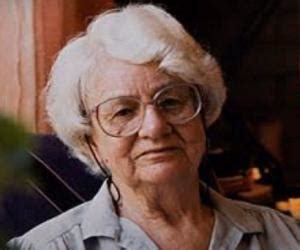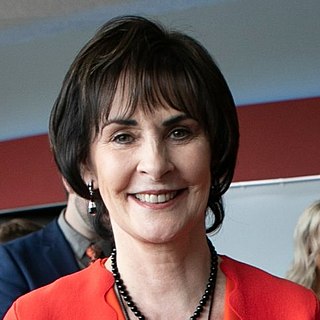A Quote by Millie Bright
Being vice-captain at Chelsea, I've learned to manage my emotions better this season and have matured massively, but part of that is embracing those feelings of disappointment rather than suppressing them and pretending everything is OK.
Related Quotes
I realize that some people will not believe that a child of little more than ten years is capable of having such feelings. My story is not intended for them. I am telling it to those who have a better knowledge of man. The adult who has learned to translate a part of his feelings into thoughts notices the absence of these thoughts in a child, and therefore comes to believe that the child lacks these experiences, too. Yet rarely in my life have I felt and suffered as deeply as at that time.
Few things kill likeability as quickly as arrogance. Likable leaders don't act as though they're better than you because they don't think that they're better than you. Rather than being a source of prestige, they see their leadership position as bringing them additional accountability for serving those who follow them.
Part of being a great restaurant chef is having an ability to bring all those people together, rather like a captain on a rugby field or a coach. It's also being a great teacher, because I'm only one person in a kitchen of 10 and I need to be able to bring all those people together and to teach them. I need to be able to communicate my thoughts and my process to them.
Part of the problem with the word 'disabilities' is that it immediately suggests an inability to see or hear or walk or do other things that many of us take for granted. But what of people who can't feel? Or talk about their feelings? Or manage their feelings in constructive ways? What of people who aren't able to form close and strong relationships? And people who cannot find fulfillment in their lives, or those who have lost hope, who live in disappointment and bitterness and find in life no joy, no love? These, it seems to me, are the real disabilities.
I'm not an angry person, just very disappointed and contemptuous of my fellow humans' choices - and on stage those feelings sometimes are exaggerated for a theatric stage - you're on a stage you have an audience of 2500 or 3000 people: you need to project the feelings, the emotions it's heightened, and people mistake it for a personal anger but it's more dissatisfaction, disappointment and contempt for these things we've settled for.
I'm getting so old - it's more uncomfortable to do those scenes now than when I was 20. I mean, I don't have a big problem with nudity on screen. But usually the days when you do those naked love scenes are the weirdest ones on set. Everyone is uncomfortable. You're like, 'Hi. How are you?' Then the next minute you're with an actress who you don't know and you're pretending to make love to her in front of all the crew. The acting challenge is pretending things are OK.
When we refuse to work with our disappointment, we break the Precepts: rather than experience the disappointment, we resort to anger, greed, gossip, criticism. Yet it's the moment of being that disappointment which is fruitful; and, if we are not willing to do that, at least we should notice that we are not willing. The moment of disappointment in life is an incomparable gift that we receive many times a day if we're alert. This gift is always present in anyone's life, that moment when 'It's not the way I want it!






































